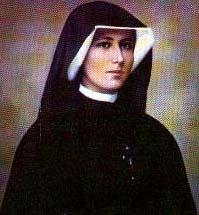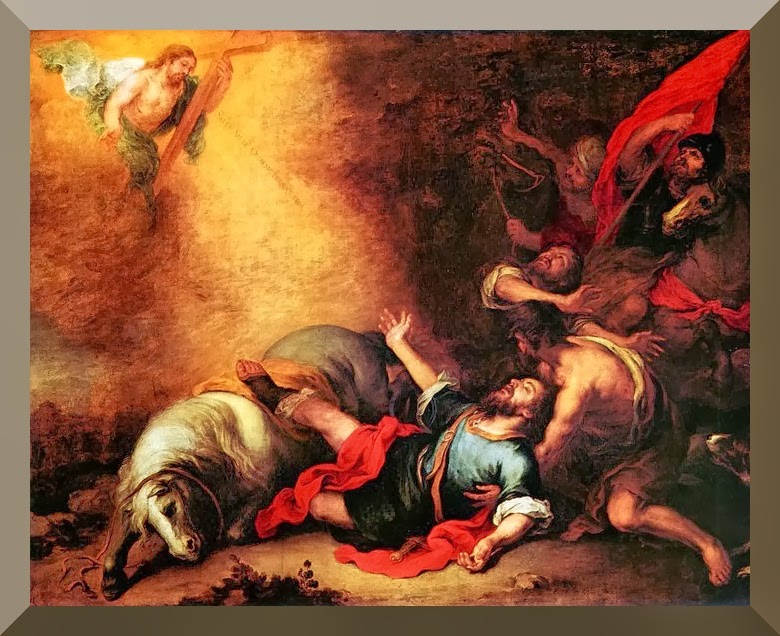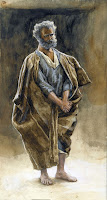Saint
John Mary Vianney (also known as Cure of Ars; Jean Baptiste Marie
Vianney; Jean Marie Baptiste Vianney; Jean-Baptiste Vianney; John
Baptist Vianney; John Vianney) was born on May 8, 1786 A.D. at
Dardilly, Lyons, France, and he was baptized the same day.
His
parents, Matthieu Vianney and Marie Beluze, had six children, of whom
John was the fourth. John's parents were devout Catholics who helped
the poor and gave hospitality to St. Benedict Joseph Labre, the
patron saint of tramps, who passed through Dardilly on his pilgrimage
to Rome.
John
was a farm hand, and as a youngster, he taught other children their
prayers and catechism. He was 20 when his father allowed him to leave
the farm in 1806 to be taught at a "presbytery-school" in
the neighboring village of Écully. The school taught arithmetic,
history, geography, and Latin.
John
was ordained a priest in 1815 after several years of study. He had a
difficult time with his studies as he had little education, was not a
very good student, and his Latin was terrible. In 1818, he was
assigned to the parish of Ars, a tiny village near Lyons, which
suffered from very lax attendance. He began visiting his
parishioners, especially the sick and poor, and he spent days in
prayer, doing penance for his parishioners.
John
was gifted with discernment of spirits, prophecy, hidden knowledge,
and working miracles. Crowds came to hear him preach, and to make
their reconciliation because of his reputation with penitents. By
1855, there were 20,000 pilgrims a year to Ars. John spent 40 years
at Ars as the parish priest. He was a prolific writer, and much of
his writing has been preserved.
Saint
John Mary Vianney died of natural causes on August 4, 1859 at Ars,
France. His body is incorrupt.
In
1959, on the 100th anniversary of his death, Pope Saint John XXIII
issued Sacerdotii Nostri Primordia, an encyclical on Vianney. Pope
Saint John Paul II himself visited Ars in 1986 at the 200th
anniversary of Vianney’s birth and referred to the saint as a “rare
example of a pastor acutely aware of his responsibilities”.
In
honor of the 150th anniversary of Vianney's death, Pope Benedict XVI
declared a year for priests, running from the Feast of the Sacred
Heart 2009-2010.
The
Vatican Postal Service issued a set of stamps to commemorate the
150th Anniversary. With the following words on June 16 , 2009,
Benedict XVI officially marked the beginning of the year dedicated to
priests, "…On the forthcoming Solemnity of the Most Sacred
Heart of Jesus, Friday 19 June 2009 – a day traditionally devoted
to prayer for the sanctification of the clergy –, I have decided to
inaugurate a ‘Year for Priests’ in celebration of the 150th
anniversary of the dies natalis of John Mary Vianney, the Patron
Saint of parish priests worldwide…"














